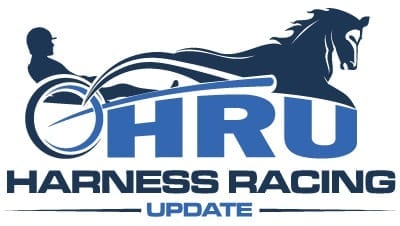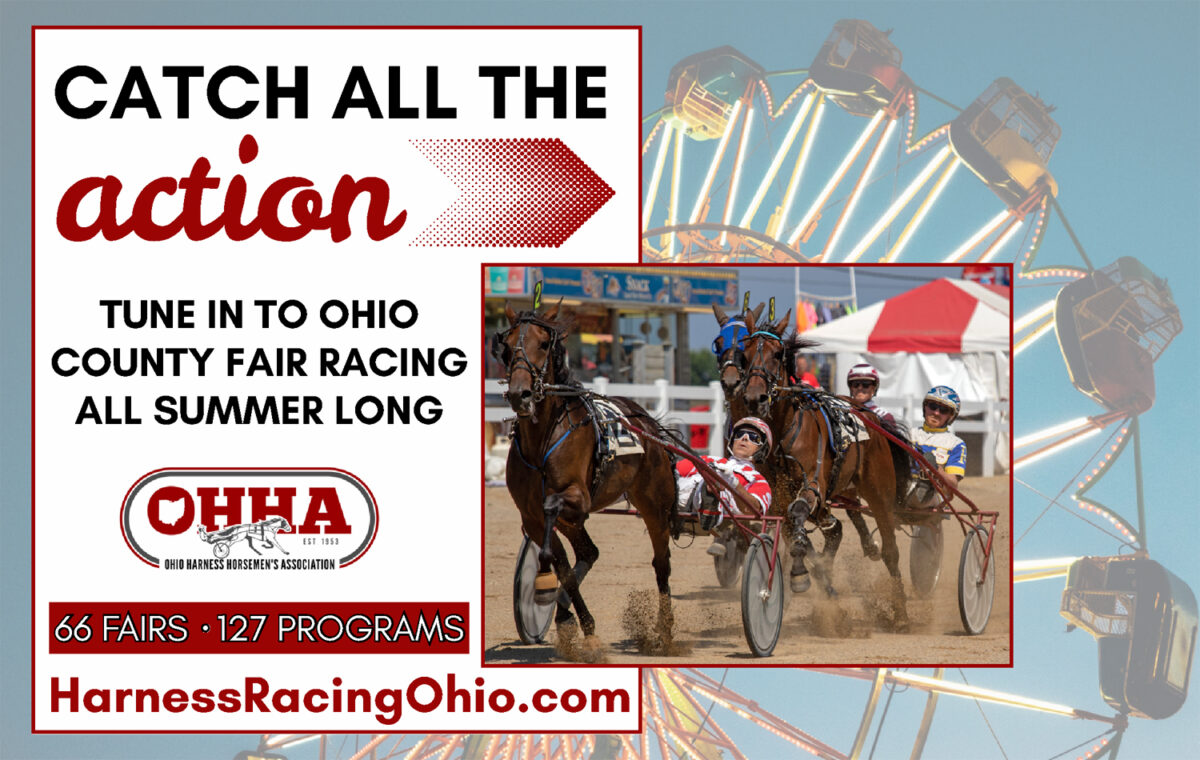From the Thoroughbreds, a Less-Is-More Idea Worth Stealing
By Bill Finley
No different than Coca Cola, Burger King or Wal Mart, harness racing is all about selling a product to consumers, in this case a product that is primarily betting with a dose of sport thrown in. When any product, be it pacers or pancakes, is over-priced and/or of inferior quality the consumer will simply walk away, which is exactly what has happened in the sport of harness racing these last many years.
You’re not going to eat at the restaurant that serves lousy food and charges too much for it. Neither is anyone in their right mind going to seriously wager on a 14-race card on a Thursday afternoon with a 30 percent takeout in the trifecta. That might have worked when horse racing was the only gambling game in town outside of Las Vegas. Now, with so much competition, all of it, except lotteries, sold at a much lower price or takeout, the consumer has little incentive to bet on racing.
At the recent industry summit put together by the USTA, Hanover Shoe Farm’s Murray Brown hit the bulls-eye with his blunt shot across the bow when he said “our product sucks.” Brown couldn’t have been more right. If harness racing wants to attract more customers, which means higher handles, it must come up with a way to greatly improve what it is selling.
And it can be done.
In Pennsylvania, the horsemen and management at Parx Racing obviously figured out that they, just like the state’s harness tracks, weren’t exactly putting on the type of show the customer wants. Parx has terrific purses but it is also a racing factory. There, they grind away, 52 weeks a year, with the same generic horses, the same generic jockeys and with very high takeouts. With the exception of their Pennsylvania Derby Day, which is always among the best days of racing in the sport, there’s really nothing going on there to get anyone excited.
So the Pennsylvania Thoroughbred Horsemen’s Association (PTHA) became the driving force behind the “$20 Million Parx Racing Fall Festival.” The festival beings Aug. 29 and concludes Oct. 20. During that period, purses will be doubled to an average of $500,000 a day. For two months and 32 racing dates, Parx will have the best purses in the sport, which will attract better quality horses and all but guarantee large, competitive fields. The $1 million Pennsylvania Derby will be part of the festival and it very well could lure Triple Crown winner American Pharoah.
The consumer will still be discouraged by the high takeouts, but at least they will be paying for quality, what very well could be the best product in the sport for more than two months. Racing at Parx will go from humdrum to something most every bettor will enjoy and want to partake in.
To make this work the horsemen had to agree to cut back on racing dates, from 210 in 2015 to 156 in 2016. The track, which has always been a year-round operation, will also shut down for two separate breaks, one around Christmas, one in August .
The PTHA gets it. None of this means that less money will go to its members; it will just be spread out differently in order to create a super meet with super purses that will benefit everyone.
Doing the same for harness racing, particularly in Pennsylvania, is a no-brainer. When purse money comes from slots and the amount of wagering is so small to be virtually insignificant, there is no reason to race night after night, week after week. Wouldn’t horsemen be better off if there were fewer racing dates and the savings went to boosting purses on the nights when the track does operate? I know the game would.
If the stars aligned and everyone agreed, Pennsylvania harness racing could create a meet that would be the envy of the harness racing world and something bettors couldn’t resist. Not only should there be less racing, but as many of Pennsylvania’s eggs should be put in the basket of Pocono Downs. Pocono Downs is one of the few casino companies that actually tries to promote the sport and it also offers one of the best surfaces in the industry. The opposite is true at Harrah’s Philadelphia, where management openly loathes the sport and doesn’t seem interested in improving what is widely derided as one of the worst surfaces in the game. Cut Chester’s dates down to a bare minimum and divert the money to Pocono. Track management at Chester would be delighted, and the sport could be invigorated with a Pocono super meet.
Similar plans would also work in Ohio (does Northfield really need to operate four nights a week, 12 months a year with cheap purses?) and in New York, where a circuit could be formed among the tracks not named Yonkers.
The industry seems ready to stop pretending that its product is working. Copying what they’ve done at Parx doesn’t even come close to fixing everything that is wrong, but it would be a huge step in the right direction. And there doesn’t seem to be any downside.
This needs to happen.

















